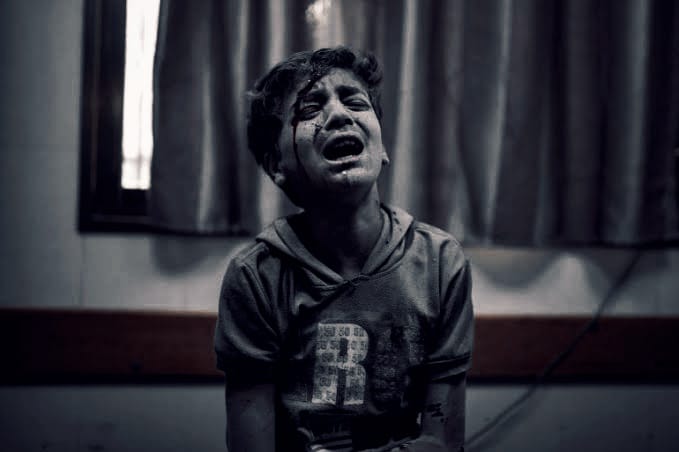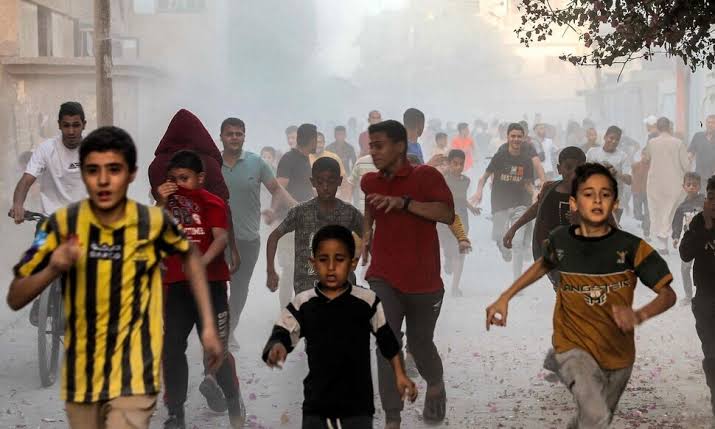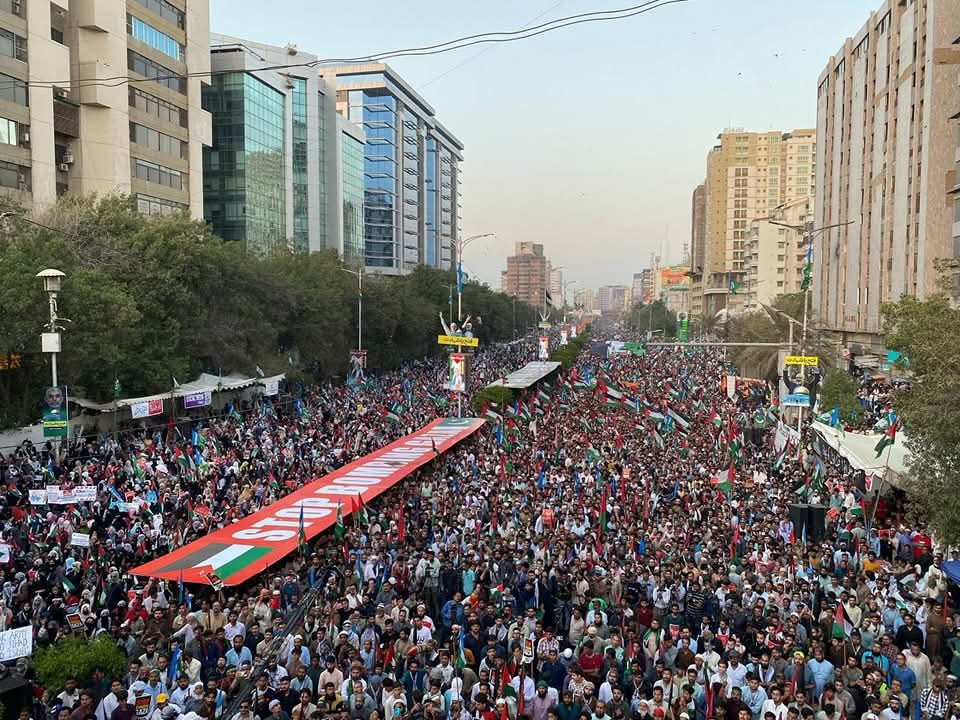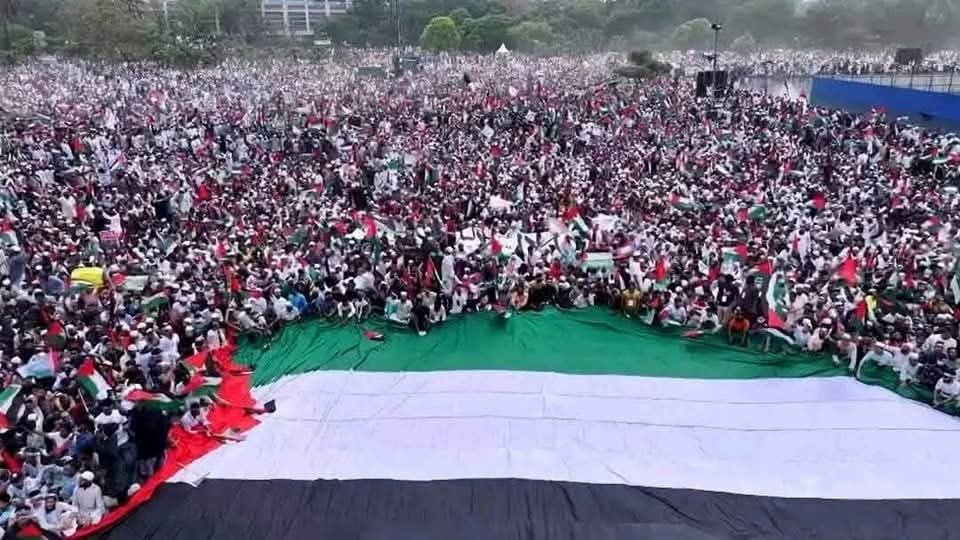Denying humanitarian aid is a crime under international law and a serious violation against children. The international community must not allow the war to continue and the close on aid must be immediately reversed.
The United Nations children’s agency says the lives of thousands of children in southern Gaza are at risk because of the intensification of the Rafah attacking.
“Horrific images continue to emerge from Gaza of children dying before their families’ eyes due to the continued lack of food, nutrition supplies, and the destruction of healthcare services,” Adele Khodr, the UNICEF regional director for the Middle East and North Africa, said Tuesday in a statement.
The delivery of humanitarian aid throughout Gaza has been challenging. There has been a slight improvement in food delivery in northern Gaza, but humanitarian aid delivery in southern Gaza “has declined dramatically,” UNICEF said.
At a time when nearly 200 million children worldwide rely on lifesaving assistance, some of the world’s wealthiest countries are turning their backs on children and cutting their aid budgets.
We’ve had to make heart-breaking decisions to pause program that treat severely malnourished children or that provide medical care to new-born babies living in war zones. Women living in refugee camps have had to give birth without any medical assistance. Vaccination program have ground to a close.
The destruction of medical facilities has left many children without access to essential care. Nearly 3,000 children in southern Gaza have been cut off from life-saving treatment for acute malnutrition due to the ongoing conflict. This disruption poses a significant risk of death from preventable causes.
 This increase in violence alongside the halting of aid will have devastating consequences for 1.1 million children in Gaza and their families as children already on the brink of famine and suffering severe malnutrition will not be able to get the nutrition and food they need, families will not be able to rebuild their destroyed and damaged homes and children who have been injured and maimed in the war will not be able to access the treatment they need.
This increase in violence alongside the halting of aid will have devastating consequences for 1.1 million children in Gaza and their families as children already on the brink of famine and suffering severe malnutrition will not be able to get the nutrition and food they need, families will not be able to rebuild their destroyed and damaged homes and children who have been injured and maimed in the war will not be able to access the treatment they need.
 When children are killed, injured, or orphaned in war, the world cannot afford to look away. Ignoring their plight only normalizes their suffering. We speak out to challenge that silence — because silence can be lethal. Generations from now, the world will look back on this moment. What did we do when Gaza’s children cried out for help? Did we turn our backs, or did we raise our voices? We refuse to be remembered as bystanders.
When children are killed, injured, or orphaned in war, the world cannot afford to look away. Ignoring their plight only normalizes their suffering. We speak out to challenge that silence — because silence can be lethal. Generations from now, the world will look back on this moment. What did we do when Gaza’s children cried out for help? Did we turn our backs, or did we raise our voices? We refuse to be remembered as bystanders.
Behind every destroyed school, every hospital turned to rubble, is a violation of international law. Remembering Gaza’s children means demanding investigations, accountability, and real consequences for those responsible.
To mourn these children is not just to grieve — it is an act of defiance. In a world so desensitized to violence, choosing to remember them is a form of love. And love, especially for the most vulnerable, is a radical act of resistance.
We owe them more than sorrow. We owe them action — humanitarian aid, diplomatic pressure, rebuilding efforts, and unyielding advocacy for peace. Remembering them is a promise to fight for a better future.
The situation has sparked global protests. On April 13, a significant rally was held in Karachi, Pakistan, organized by Jamaat-e-Islami. The “Gaza Solidarity March” drew thousands, expressing solidarity with Palestinians and calling for an end to Israeli military actions. Participants also announced a nationwide strike on April 22 to further advocate for Palestinian rights.

Similarly, on April 12, Dhaka, Bangladesh, witnessed the “March for Gaza,” attracting around 100,000 participants. The demonstration called for an end to Israeli offensives and urged Muslim-majority countries to sever diplomatic and economic ties with Israel.

We are working tirelessly to find new solutions, so that children don’t arrive at closed health clinics, go without food or face trauma alone.
The world may be uncertain, but one thing remains true: we will always be there for children. We believe in a world where kindness and solidarity overcomes mistrust and othering — a world where every child’s life matters.


